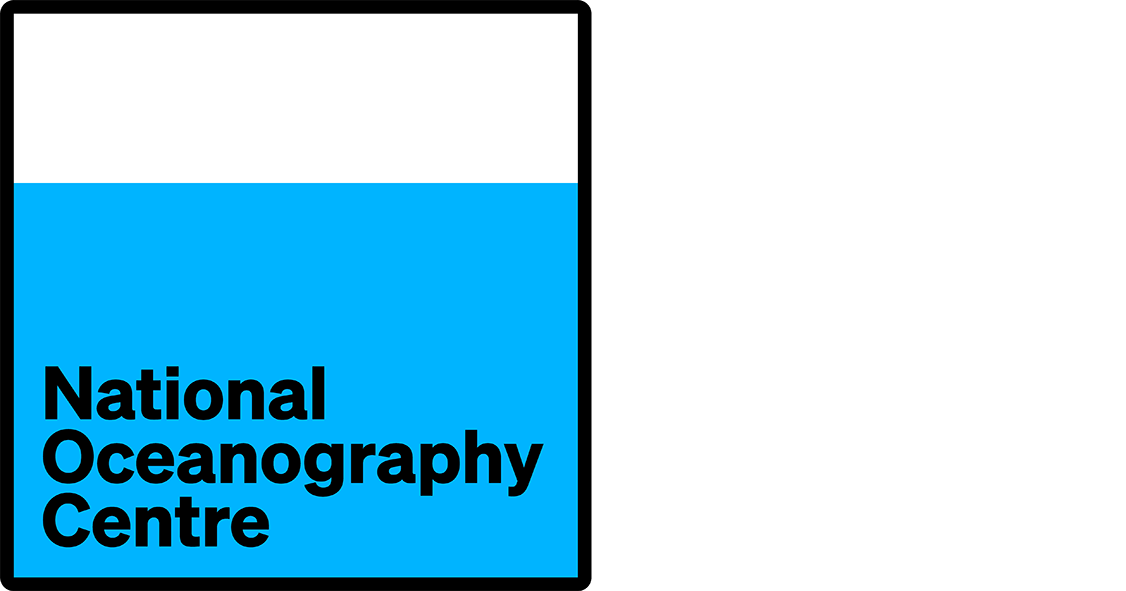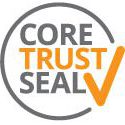Metadata Report for BODC Series Reference Number 1849757
Metadata Summary
Problem Reports
Data Access Policy
Narrative Documents
Project Information
Data Activity or Cruise Information
Fixed Station Information
BODC Quality Flags
SeaDataNet Quality Flags
Metadata Summary
Data Description |
|||||||||||||||||||||||||||||||||||||||||||||||||||||||||||||||||||||||||||||||||||||||||||||||||
|
|||||||||||||||||||||||||||||||||||||||||||||||||||||||||||||||||||||||||||||||||||||||||||||||||
Data Identifiers |
|||||||||||||||||||||||||||||||||||||||||||||||||||||||||||||||||||||||||||||||||||||||||||||||||
|
|||||||||||||||||||||||||||||||||||||||||||||||||||||||||||||||||||||||||||||||||||||||||||||||||
Time Co-ordinates(UT) |
|||||||||||||||||||||||||||||||||||||||||||||||||||||||||||||||||||||||||||||||||||||||||||||||||
|
|||||||||||||||||||||||||||||||||||||||||||||||||||||||||||||||||||||||||||||||||||||||||||||||||
Spatial Co-ordinates | |||||||||||||||||||||||||||||||||||||||||||||||||||||||||||||||||||||||||||||||||||||||||||||||||
|
|||||||||||||||||||||||||||||||||||||||||||||||||||||||||||||||||||||||||||||||||||||||||||||||||
Parameters |
|||||||||||||||||||||||||||||||||||||||||||||||||||||||||||||||||||||||||||||||||||||||||||||||||
|
|||||||||||||||||||||||||||||||||||||||||||||||||||||||||||||||||||||||||||||||||||||||||||||||||
|
|||||||||||||||||||||||||||||||||||||||||||||||||||||||||||||||||||||||||||||||||||||||||||||||||
Problem Reports
No Problem Report Found in the Database
Data Access Policy
Open Data supplied by Natural Environment Research Council (NERC)
You must always use the following attribution statement to acknowledge the source of the information: "Contains data supplied by Natural Environment Research Council."
Narrative Documents
Non-toxic (underway) sea water supply
A source of uncontaminated near-surface (commonly 3 to 7 m) seawater pumped continuously to shipboard laboratories on research vessels. There is typically a temperature sensor near the intake (known as the hull temperature) to provide measurements that are as close as possible to the ambient water temperature. The flow from the supply is typically directed through continuously logged sensors such as a thermosalinograph and a fluorometer. Water samples are often collected from the non-toxic supply. The system is also referred to as the underway supply.
Project Information
Biogeochemical Ocean Flux Study (BOFS)
The Biogeochemical Ocean Flux Study (BOFS) was a Community Research Project within the Marine and Atmospheric Sciences Directorate (MASD) of the Natural Environment Research Council. The project provided a major United Kingdom contribution to the international Joint Global Ocean Flux Study (JGOFS). The project ran from April 1987 until March 1992 but was extended through bridging funds until March 1993. The BOFS North Atlantic Data Set was collected during the initial five year period. Fieldwork in the bridging year focused on the Antarctic in late 1992. These data will form part of a subsequent electronic publication of Antarctic data and are not included on this CD-ROM.
The primary aims of the BOFS programme were:
- To improve the understanding of the biogeochemical processes influencing the dynamics of the cycling of the elements in the ocean and related atmospheric exchanges with particular reference to carbon.
- To develop, in collaboration with, other national and international programmes. models capable of rationalising and eventually predicting the chemical and biological consequences of natural and man-induced changes to the atmosphere ocean system.
A Community Research Project brings together scientists from NERC institutes and UK universities to work on a common problem. In this way resources far beyond the scope of individual research groups may be brought to bear on a common problem. The project is coordinated through a host laboratory which has responsibility for financial management, organisation and logistics. The host laboratory for BOFS was the Plymouth Marine Laboratory (PML).
Fieldwork
The BOFS North Atlantic data set was the result of fieldwork carried out on 11 research cruises. Four studies were carried out during three field seasons in 1989, 1990 and 1991; the 1989 North Atlantic Bloom Experiment, the 1990 Lagrangian Experiment, the 1990 BOFS Benthic Study and the 1991 Coccolithphore Study. Measurements taken include:
Physical (e.g. temperature, salinity and optics)
Meteorology and positioning
Chemical (e.g. dissolved oxygen, organic carbon and nitrogen)
Biological (e.g. biomass, pigments and bacteria production)
Geological (sediment traps)
The Sterna 1992 project (the Southern Ocean component of BOFS) aimed to measure the size and variability of carbon and nitrogen fluxes during early summer in the Southern Ocean, with particular emphasis on rates and processes in the marginal ice zone. Fieldwork was carried out between October and December 1992 in the Southern Ocean area, approximately 55°S to 70°S, 60°W to 85°W. A wide range of physical, chemical and biological parameters were measured.
Data Management
Data management services to BOFS were provided by the British Oceanographic Data Centre, funded by the UK Natural Environment Research Council.
Data Activity or Cruise Information
Cruise
| Cruise Name | D198 |
| Departure Date | 1992-11-11 |
| Arrival Date | 1992-12-17 |
| Principal Scientist(s) | David R Turner (Plymouth Marine Laboratory) |
| Ship | RRS Discovery |
Complete Cruise Metadata Report is available here
Fixed Station Information
No Fixed Station Information held for the Series
BODC Quality Control Flags
The following single character qualifying flags may be associated with one or more individual parameters with a data cycle:
| Flag | Description |
|---|---|
| Blank | Unqualified |
| < | Below detection limit |
| > | In excess of quoted value |
| A | Taxonomic flag for affinis (aff.) |
| B | Beginning of CTD Down/Up Cast |
| C | Taxonomic flag for confer (cf.) |
| D | Thermometric depth |
| E | End of CTD Down/Up Cast |
| G | Non-taxonomic biological characteristic uncertainty |
| H | Extrapolated value |
| I | Taxonomic flag for single species (sp.) |
| K | Improbable value - unknown quality control source |
| L | Improbable value - originator's quality control |
| M | Improbable value - BODC quality control |
| N | Null value |
| O | Improbable value - user quality control |
| P | Trace/calm |
| Q | Indeterminate |
| R | Replacement value |
| S | Estimated value |
| T | Interpolated value |
| U | Uncalibrated |
| W | Control value |
| X | Excessive difference |
SeaDataNet Quality Control Flags
The following single character qualifying flags may be associated with one or more individual parameters with a data cycle:
| Flag | Description |
|---|---|
| 0 | no quality control |
| 1 | good value |
| 2 | probably good value |
| 3 | probably bad value |
| 4 | bad value |
| 5 | changed value |
| 6 | value below detection |
| 7 | value in excess |
| 8 | interpolated value |
| 9 | missing value |
| A | value phenomenon uncertain |
| B | nominal value |
| Q | value below limit of quantification |

